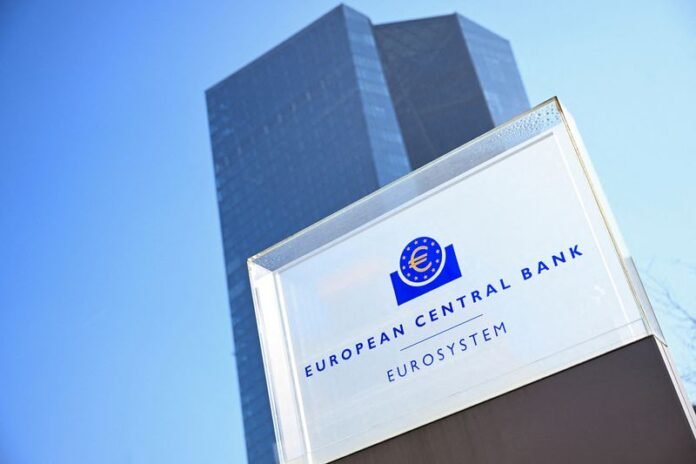The European Central Bank is due to unveil its next policy decision on July 24, with investors widely anticipating that it will leave key interest rates unchanged.
At its last meeting in June, policymakers, bolstered by signs of flagging inflation and tepid economic activity in the 20-member euro zone, slashed the key deposit rate by 25 basis points to 2%. It was the eighth reduction in a year, although it came with an indication from the ECB that it would likely pause in July, largely due to uncertainty around trade tensions with the United States.
“[T]he ECB’s next steps will be heavily influenced by developments in the tariff dispute and its impact on growth expectations,” analysts at Erste Group led by Gerald Walek said in a note.
U.S. President Donald Trump threatened a 30% tariff on EU imports over the weekend, a more severe hit than the ECB had projected even under the most negative of three scenarios it released last month. This move is complicating the ECB’s decision-making but is unlikely to derail plans for a pause in rate cuts next week, five ECB policymakers told Reuters.
It means the ECB has been forced to come up with new estimates and policymakers must now contemplate a more negative outcome than they thought possible in June, said the five sources, all members of the ECB’s Governing Council.
The Erste analysts argued that, should the White House move to lift tariffs on the European Union — which includes many euro zone countries — from an upcoming August 1 deadline and the EU retaliates, “the ECB’s ’alert level’ would rise.”







